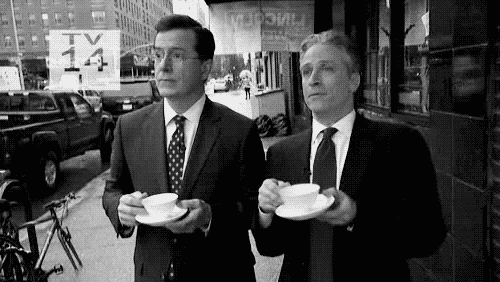That is the question posed by The Mark contributor Zachary Kuehner:
Professor Manji is the founder of the “Moral Courage Project at NYU’s Wagner School of Public Service, which aspires to “teach young leaders to break silences for the greater good.” She has gained significant notoriety for speaking out against radical Islam and for encouraging citizens, both within and outside the Muslim community, to confront and oppose extremist elements that conflict with the basic values that western democracies hold dear. It is, I admit, rather easy to agree with her. Many of her arguments – judging cultural traditions by their impact on a community’s most vulnerable members instead of simply taking the word of self-appointed “community leaders”, for instance – are both practical and compelling. But despite her commendable efforts and passionate rhetoric, something didn’t sit quite right.
For one, the definition of “moral courage,” according to the project’s official website, is: “…the willingness to be original, unique, and different from everyone else in your group.” Perhaps I’m dwelling on a distinction without a difference, but I would submit that contrarian or oppositional views are not in themselves necessarily courageous or moral – to say nothing of originality, uniqueness, or different-ness. Of course opposition to one’s “group” can be dangerous (in the social sense and, often, in the physical sense) and thus require a certain amount of “chutzpah.” But neither of these conditions is sufficient to call something morally courageous. David Irving’s historical revision of the Holocaust certainly goes against his “group” and could therefore be considered a courageous position, but who would claim that this makes it morally so?
It’s a worthy and thought-provoking piece that you should go check out (The Mark is actually a great source of opinion-based journalism). I will respond below the fold: [Read more…]

